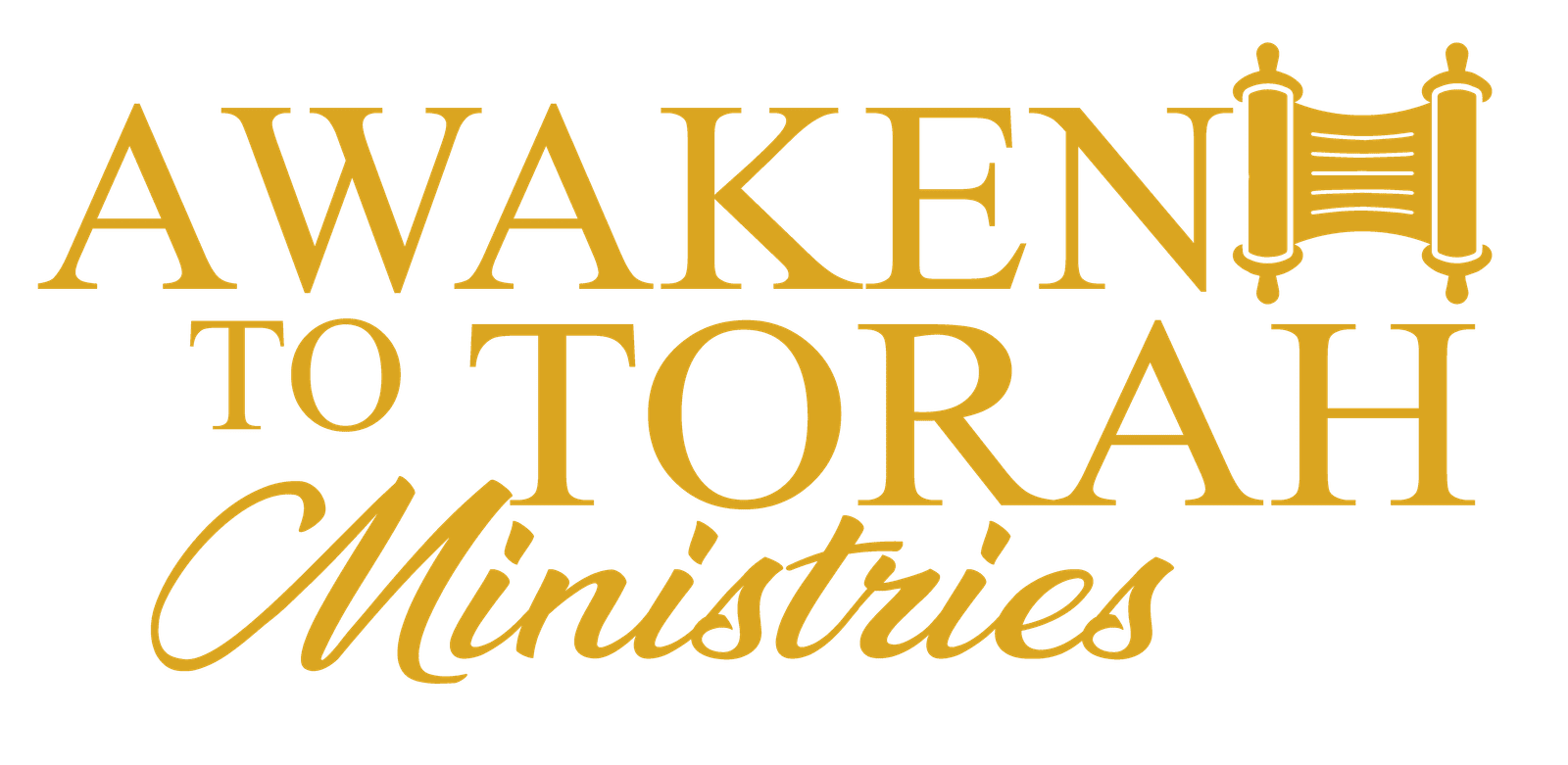Parashat Korach: A Comprehensive Exploration
Torah Portion: Numbers 16:1-18:32
Introduction
Parashat Korach recounts one of the most dramatic rebellions in the Torah. Korach, a Levite, alongside Dathan and Abiram from the tribe of Reuben, challenges the leadership of Moses and Aaron. This rebellion and its aftermath offer profound lessons about leadership, jealousy, and divine justice. This article will explore the narrative, supported by insights from the Talmud, Mishnah, and other classical Jewish sources.
The Narrative
The Rebellion (Numbers 16:1-35)
Korach, son of Izhar, son of Kohath, son of Levi, assembles a group of 250 community leaders to challenge Moses and Aaron. Their complaint is that Moses and Aaron have taken too much power for themselves, questioning why they exalt themselves above the assembly of the Lord when the entire community is holy (Numbers 16:3).
Moses responds by falling on his face, a gesture of humility and desperation, and proposes a test to determine God’s chosen leaders. Each man is to take a censer, put fire and incense in it, and present it before the Lord. The Lord will show who is holy and chosen by Him (Numbers 16:5-7).
The Fate of the Rebels (Numbers 16:16-35)
The next day, the earth miraculously opens and swallows Korach, Dathan, Abiram, and their families. Fire from the Lord consumes the 250 men offering incense. These dramatic signs unequivocally demonstrate God’s choice of Moses and Aaron.
Insights from the Talmud and Mishnah
The Nature of Korach’s Rebellion
The Talmud offers a nuanced understanding of Korach’s motives and the nature of his rebellion. In Sanhedrin 109b, it is explained that Korach’s challenge stemmed from jealousy and a desire for power. Despite being a Levite, Korach coveted the priesthood, which had been given to Aaron and his descendants.
The Mishnah in Pirkei Avot 5:17 contrasts disputes for the sake of Heaven with those not for the sake of Heaven. The dispute between Hillel and Shammai is considered for the sake of Heaven, while Korach’s dispute is not, as it was motivated by self-interest rather than a genuine desire for truth or communal well-being.
The Aftermath and Divine Justice
The Talmud in Sanhedrin 110a discusses the punishment of Korach and his followers, emphasizing that their punishment was not just for their challenge against Moses and Aaron, but for challenging God Himself. The earth swallowing the rebels is seen as a direct divine intervention to reaffirm Moses’ prophetic authority and Aaron’s priesthood.
Haftarah: Isaiah 66:1-24
The prophetic reading from Isaiah 66 parallels the themes of rebellion and divine justice found in the Torah portion. Isaiah speaks of the hypocrisy of those who bring sacrifices while engaging in sinful behavior, emphasizing that true devotion to God is demonstrated through righteous living and humility.
Isaiah 66:2 states, “But to this one I will look, to him who is humble and contrite of spirit, and who trembles at My word.” This mirrors Moses’ humility in the face of Korach’s challenge and underscores the importance of humility and obedience to God.
Gospel: Mark 9:40-50
The Gospel reading from Mark 9 also touches on themes of leadership and stumbling blocks. Jesus speaks of the serious consequences of leading others astray and emphasizes the importance of radical commitment to righteousness. Mark 9:42 says, “Whoever causes one of these little ones who believe to stumble, it would be better for him if a large millstone were hung around his neck and he were thrown into the sea.”
This passage can be seen as a Christian parallel to the story of Korach, highlighting the severe consequences of rebellion against divine authority and the need for true leadership to guide others in righteousness.
Conclusion
Parashat Korach provides a powerful lesson on the dangers of jealousy and rebellion against divinely appointed leadership. The dramatic punishments meted out to Korach and his followers serve as a stark reminder of the importance of humility and obedience to God’s will. Insights from the Talmud and Mishnah deepen our understanding of the motives behind the rebellion and the nature of divine justice.
The parallel readings from Isaiah and the Gospel of Mark reinforce these themes, offering a broader perspective on the principles of true leadership and the consequences of leading others astray. Together, these texts remind us of the importance of humility, righteousness, and fidelity to divine authority in our own lives.
Shabbat shalom Covenant Keepers and Children of Israel
Rav James Gillispie

